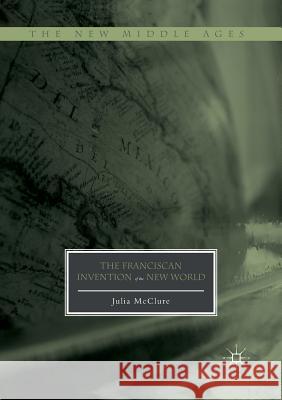The Franciscan Invention of the New World » książka
topmenu
The Franciscan Invention of the New World
ISBN-13: 9783319827186 / Angielski / Miękka / 2018 / 229 str.
Kategorie BISAC:
Wydawca:
Palgrave MacMillan
Seria wydawnicza:
Język:
Angielski
ISBN-13:
9783319827186
Rok wydania:
2018
Wydanie:
Softcover Repri
Ilość stron:
229
Waga:
0.29 kg
Wymiary:
21.01 x 14.81 x 1.3
Oprawa:
Miękka
Wolumenów:
01
Dodatkowe informacje:
Wydanie ilustrowane











